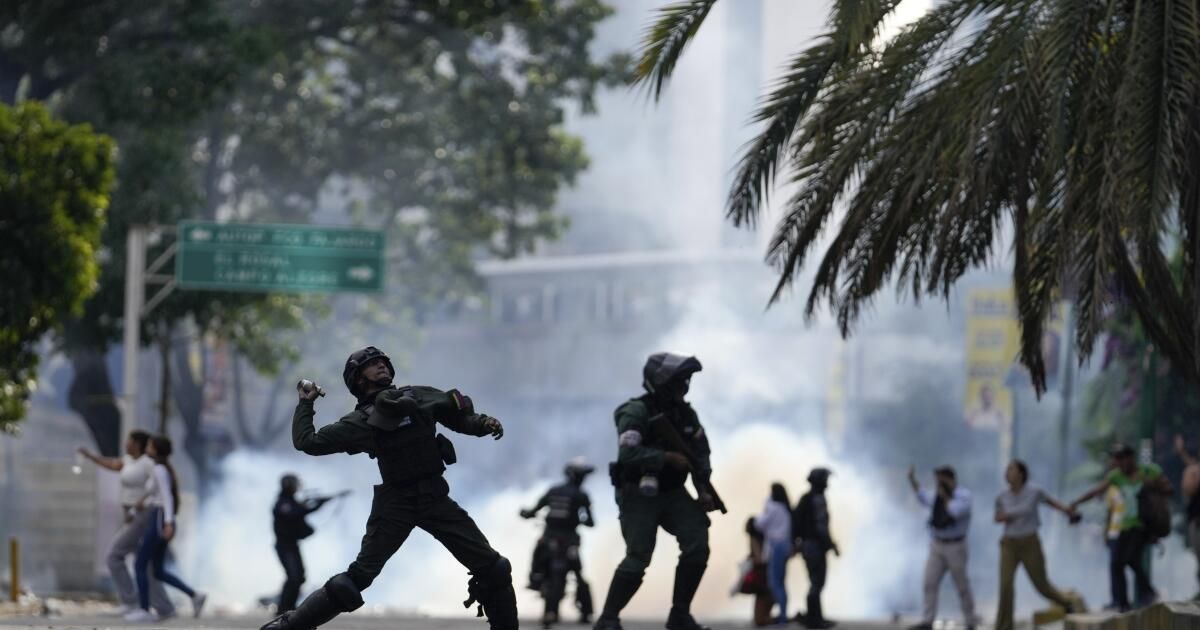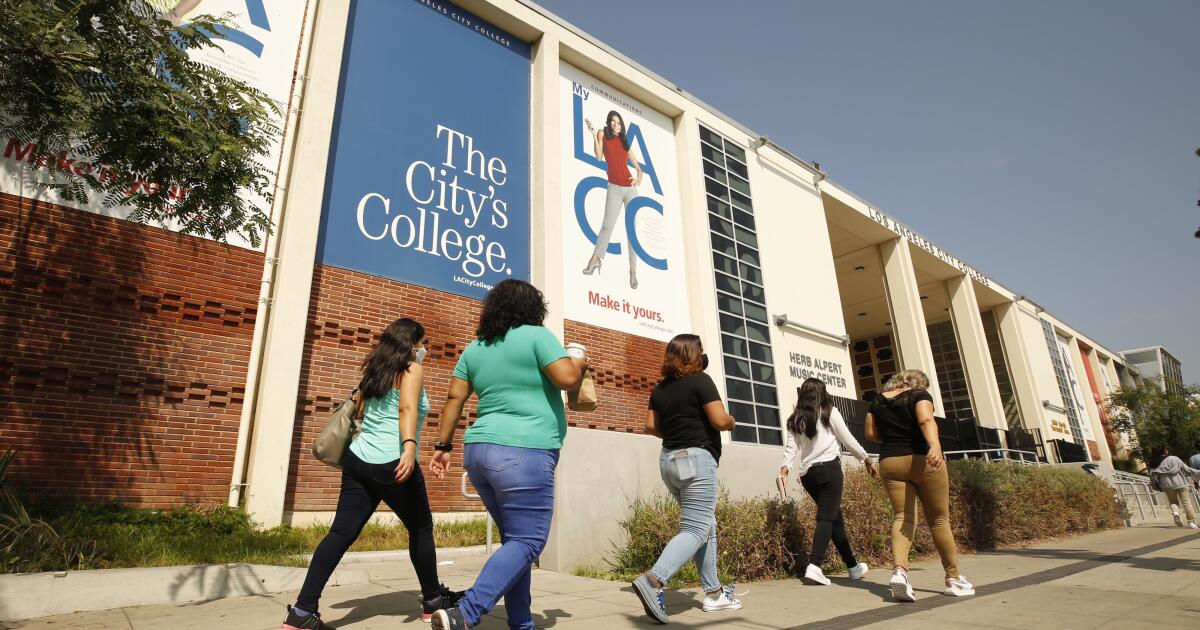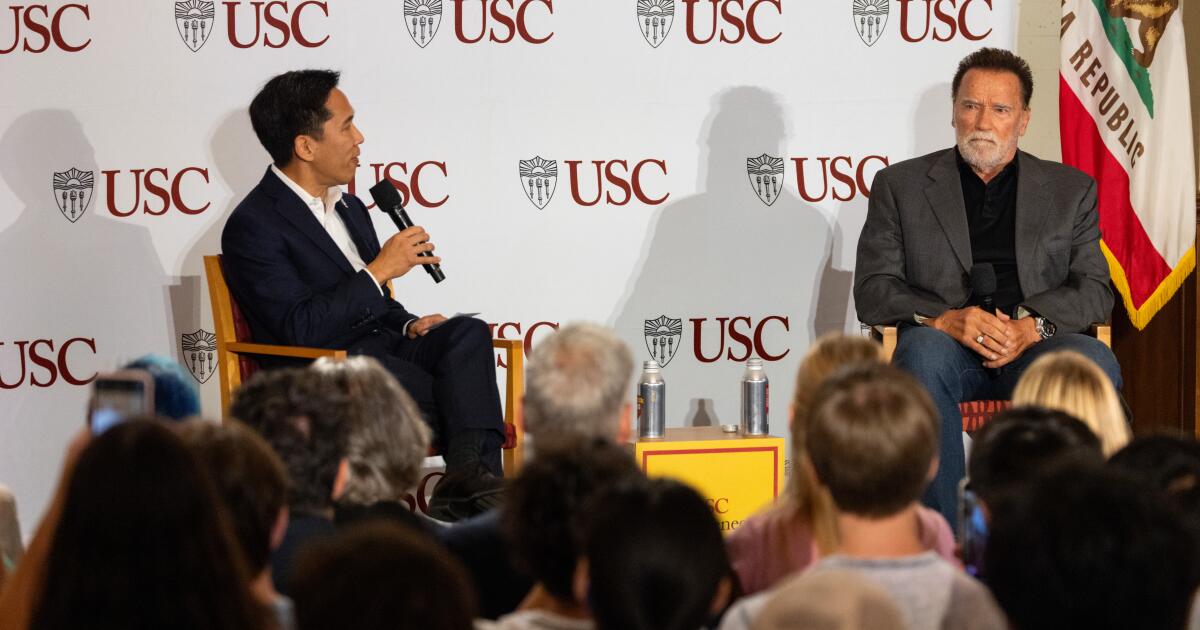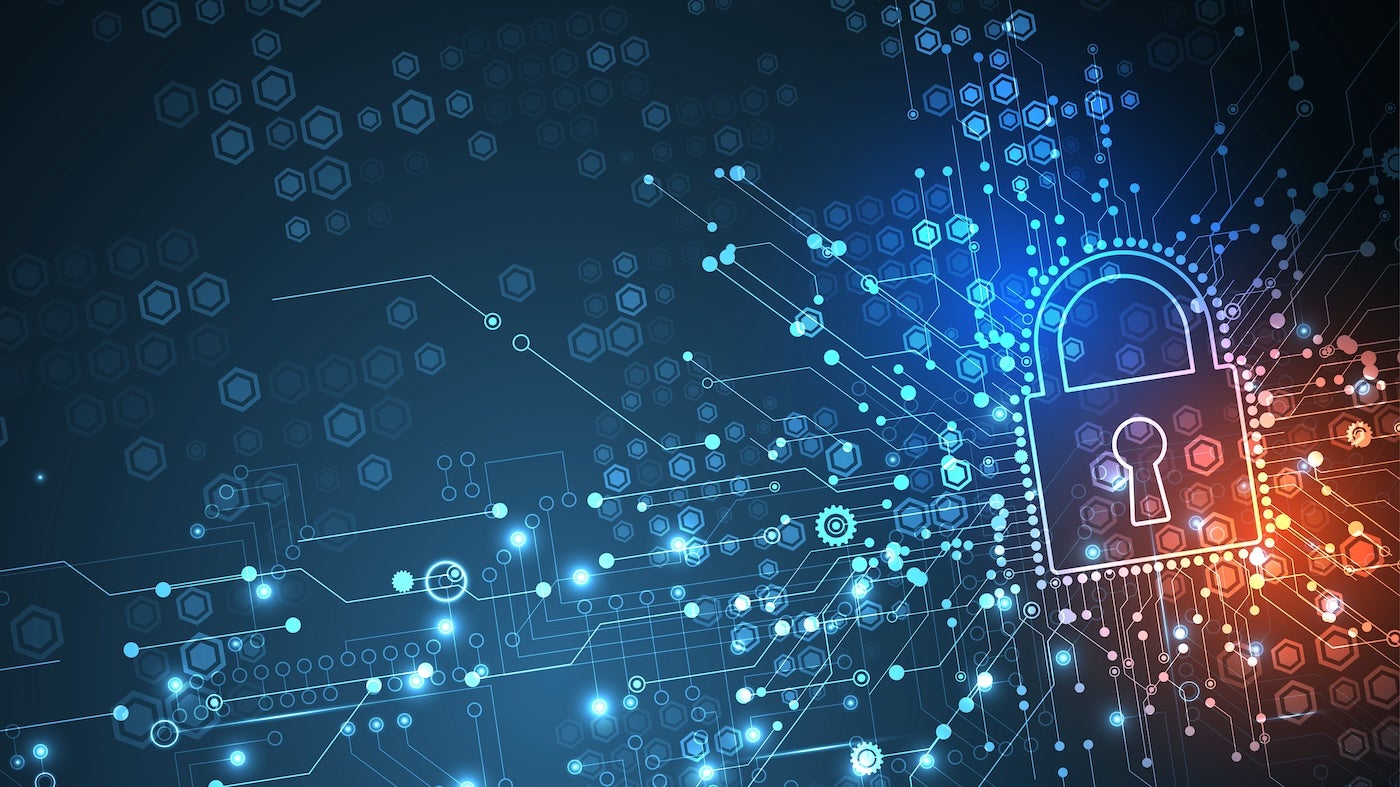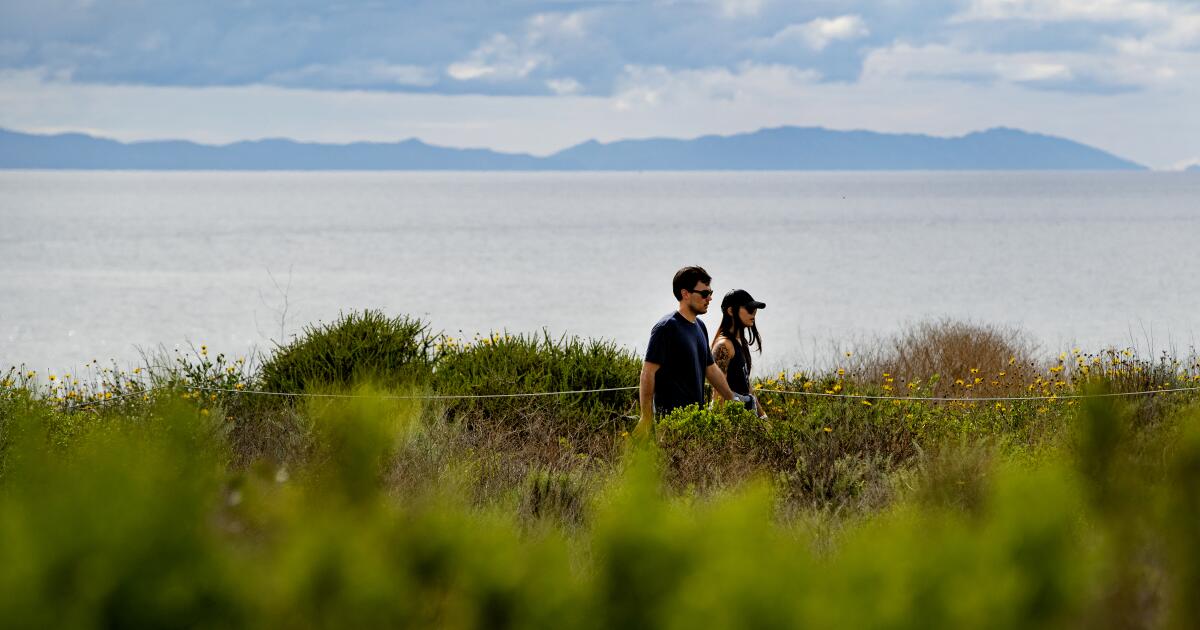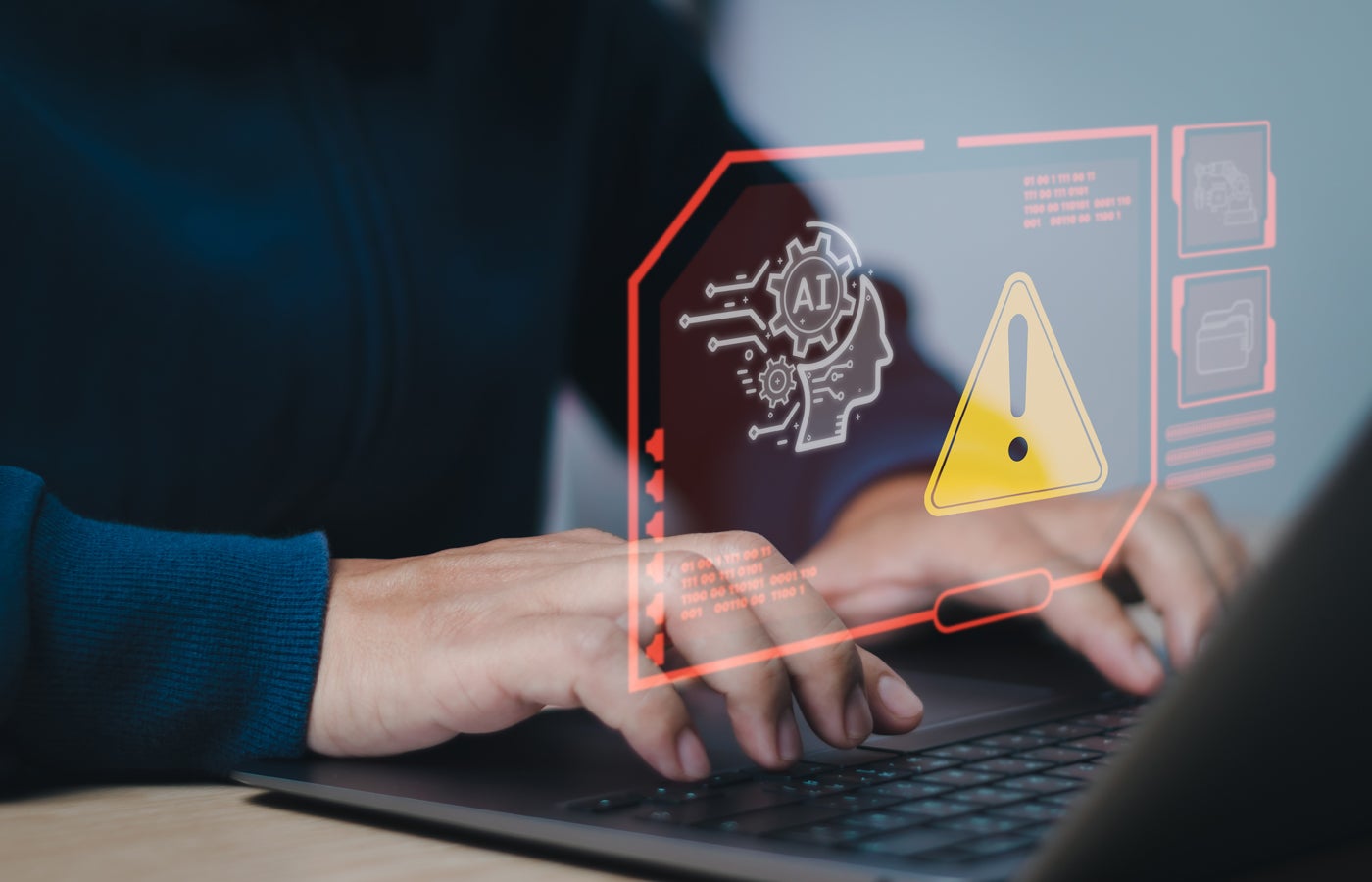The Latin American left has a choice to make regarding Venezuela: oppose Nicolás Maduro’s totalitarian attempt to remain in power indefinitely or allow it. Efforts to limit Maduro may not succeed, but giving in to him will destabilize neighboring countries (with consequences for the United States), undermine the left’s claims to respect democracy, and possibly cost its leaders political support.
According to an Associated Press analysis of about 80% of paper tallies from Venezuelan voting machines provided by the opposition, Maduro lost the July 28 election to opposition coalition candidate Edmundo González Urrutia by a margin of more than 2 to 1. Rather than concede, however, Maduro simply announced he had won and blamed a baseless cyberattack by Elon Musk for his failure to prove it.
Maduro’s blatant theft marks a dark new chapter in Venezuela. Until July 28, the country was authoritarian with a veneer of democracy, periodically holding unfree and unfair elections. Now that Maduro knows he lacks the popular support to win even on a tilted playing field, he is throwing away the façade and embracing totalitarianism, surpassing even his previous repressive measures.
The Maduro government has arrested more than 2,000 people No trial since election day; deployed Mercenaries of the Russian Wagner Group, Cuban secret police and other forces; and promised to send critics to “re-education camps.” At least 24 people have been killed since election day.
Venezuela's descent into authoritarianism and a coinciding economic collapse in the 2010s pushed around 8 million Venezuelans fled into exile abroad, more than half a million of whom arrived in the United States; fueled Colombia's internal armed conflict by providing rebels with a refuge on Venezuelan soil; and polarized Latin American politics into pro- and anti-Venezuelan camps.
The shift towards full-blown totalitarianism could prove even more destabilising. Pre-election polls indicated that some 3.7 million more people would become targets. planned If Maduro remains entrenched, it is not difficult to migrate. Given the abundance of armed groups in Venezuela and Maduro’s lack of legitimacy, it is not hard to imagine his government losing control as warring forces vie for territory.
Can anything stop Maduro? Barring an unlikely uprising within his security forces, further mass protests seem unlikely to stop him. The US could tighten its sanctions, but Maduro and his inner circle already know how to live under them, having forged ties with other rogue states during their years of isolation under the Trump administration.
If anyone outside the country has any influence, it is those often considered friends of Maduro: the leftist presidents of Brazil, Mexico and Colombia.
These leaders have sided with Maduro at times, but Colombia's Gustavo Petro and Brazil's Luiz Inácio Lula Da Silva have criticized him more recently. dissuaded the Maduro government of disqualifying Opposition candidate Gonzalez, like opposition leader Maria Corina Machado, was the first candidate chosen to replace her. Since the election, Mexican Andres Manuel Lopez Obrador has joined Petro and Lula in demanding the publication of the vote counts.
The three presidents are not putting pressure on Maduro to respect the results and accept defeat, which could break his ties with Venezuela's ruling party and upset hardline Maduro supporters in his own country. Given that Maduro threatened to move troops through Brazilian territory to invade Guyana last year, Lula might also fear what he might do if he were left even more isolated and vengeful. But the presidents of Brazil and Colombia have said publicly that they are eager to avoid massive bloodshed. Brazil is also eager to prevent China and Russia, which quickly recognized Maduro's “victory,” are becoming more involved in the hemisphere and increasing geopolitical tensions, reported the newspaper O Globo.
Given their preference for behind-the-scenes diplomacy — and the risks of burning bridges by publicly criticizing Venezuela’s government — if the three leaders are seeking to influence Maduro or his inner circle, they are doing so behind closed doors.
That could produce a number of outcomes. Supporting another election with a weaker opposition figure on the ballot would be tantamount to propping up Maduro. If leftist leaders follow that path or simply do nothing while Maduro continues his repression, they will enable another exodus, more economic chaos and more isolation, while discrediting themselves.
Pressuring Maduro toward a power-sharing deal and giving his opponents control of some government institutions — as the U.S. government envisioned in 2020 — could move Venezuela closer to democracy and increase the opposition’s influence. The alternative — hoping that mass protests will push security forces to break with Maduro — looks increasingly unlikely.
Petro, Lula and AMLO don’t have to be idealists to act. They should see the parallels between what is happening in Venezuela today and the repression the left suffered under authoritarian regimes in their own countries decades ago. But they also have selfish reasons for getting involved. Many of the voters and allies left-wing leaders need to win elections and implement policies will feel alienated if they ignore or accept Maduro’s totalitarian turn.
Their response will also send an important signal about the health of their own democracies, which are home to nearly 60% of Latin Americans. The presidents of Colombia and Mexico are pushing for major institutional changes; Brazil’s president took office only after a failed coup attempt. Critics of the governments of all three countries claim, with varying amounts of evidence, that they will roll back democracy or are already doing so. Standing by as Maduro crushes his opponents will convince no one otherwise.
Hopes (including my own) that a landslide opposition victory would produce fissures within the Maduro government and allow for a transition were not fulfilled. If there is any hope for that happening now, it lies with Venezuela's neighbors.
Will Freeman is a fellow in Latin American studies at the Council on Foreign Relations.

